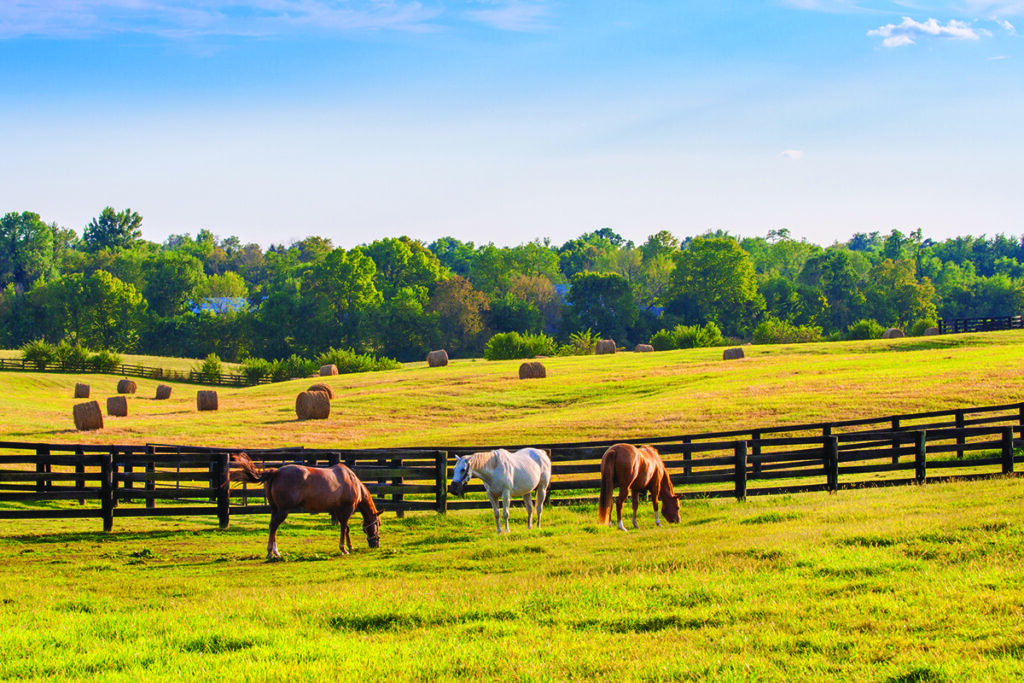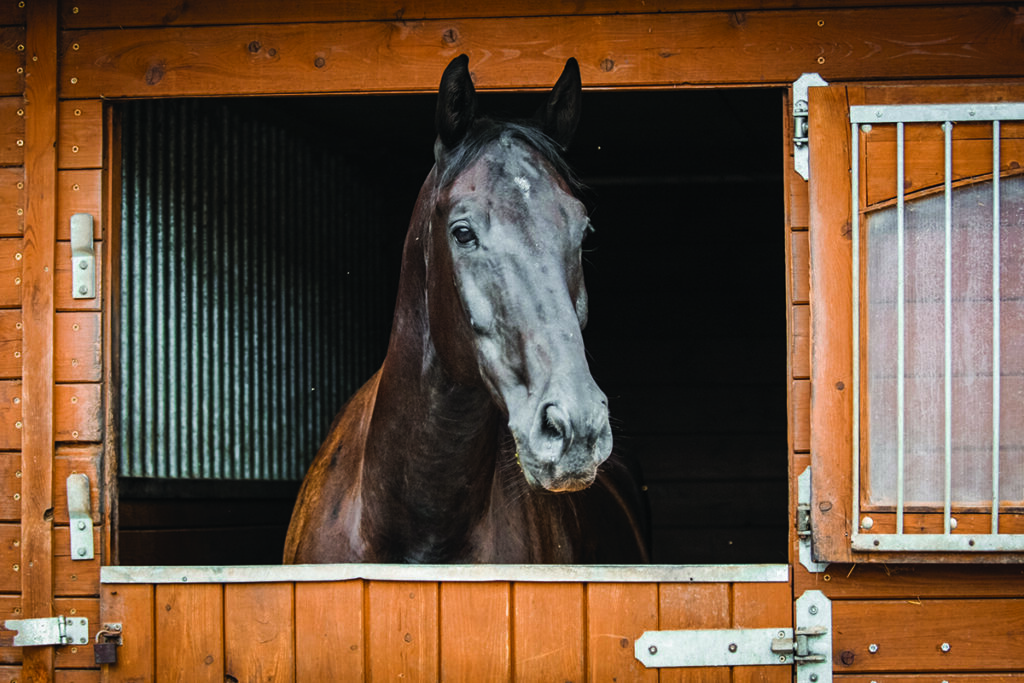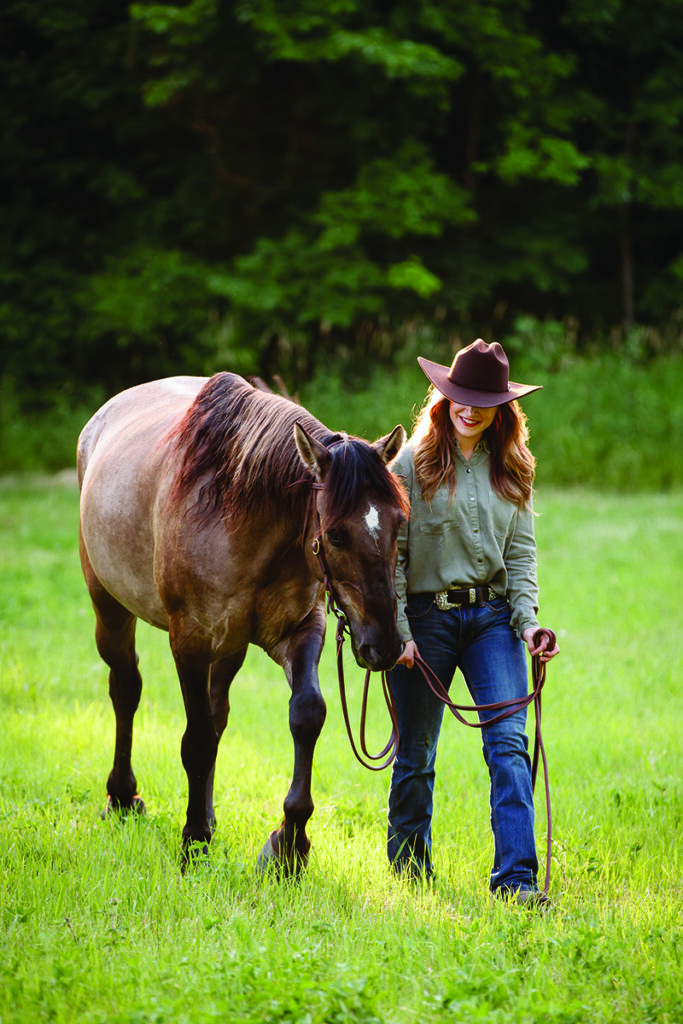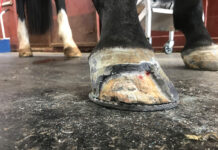Most of us have pondered whether our horse has a life he enjoys. Is there any way to find out? You bet! The British Farm Animal Council created a standard for the humane treatment of farm animals, including equine welfare.
- Freedom from hunger and thirst, by ready access to water and a diet to maintain health and vigour.
- Freedom from discomfort, by providing an appropriate environment.
- Freedom from pain, injury and disease, by prevention or rapid diagnosis and treatment.
- Freedom to express normal behaviour, by providing sufficient space, proper facilities and appropriate company of the animal’s own kind.
- Freedom from fear and distress, by ensuring conditions and treatment that avoid mental suffering.

Do Our Horses Have Good Lives?
Certainly, there are many horses who are having wonderful life experiences with their human guardians. Unfortunately, there are also horses who suffer great harm for our pleasure.
This leads us to the question of ethics and welfare implications of some horse care and training practices. That’s a controversial topic to be sure, one we will thank the British Animal Welfare Council for taking on.
If you’re looking to improve equine welfare, The Five Freedoms is an excellent place to start.
1. Freedom from hunger and thirst, by ready access to water and a diet to maintain health and vigour.
If your horse’s water is clean, at a drinkable temperature (not too cold, frozen, nor too hot), and always accessible, that need is being well met.
What does your horse nutritionally need though to “maintain health and vigor?” 24/7 access to good-quality forage is a practical first step. Horses are meant to eat 16-18 hours every day, and periods of starvation can cause physical and mental upset.
Welfare Bonus Tip: Grass and/or hay don’t always provide all the nutrients your horse needs. Seek the help of a qualified equine nutritionist to make sure your horse’s diet is up to snuff.
2. Freedom from discomfort, by providing an appropriate environment.
There are several factors to consider when it comes to your horse’s living space. Some of the must-haves for equine welfare are safe construction, good ventilation, comfortable footing, and shelter from inclement weather.
Welfare Bonus Tip: Provide a soft, quiet area that’s large enough for your horse to lie down flat on his side with his legs fully extended to achieve deep, restorative sleep.

3. Freedom from pain, injury, and disease by prevention or rapid diagnosis and treatment.
There are quite a few ways we can reduce our horse’s chance of injury and illness. A safe environment, balanced diet, and medical intervention when necessary are obvious choices.
What’s not always on our radar are the effects we have when we work with and exercise our horse. Unhealthy patterns of movement can cause chronic discomfort, soft tissue, and joint damage, as well as emotional distress.
Welfare Bonus Tips: Use properly fitting tack; have your saddle assessed by a fitter to verify that it’s not causing damage or discomfort.

Exercise your horse in a manner that is reasonable for his age and physical fitness. Follow the principles of healthy biomechanics (relaxation, equal weight distribution from front-to-back, skeletal alignment) when you’re working with your horse on the ground or under saddle.
4. Freedom to express normal behaviour, by providing sufficient space, proper facilities and appropriate company of the animal’s own kind.
Every horse is hard-wired to move at will, investigate the environment, seek social interactions, roll, buck, run, play, rest, and eat.
Those who are deprived of these choices are more likely to develop depression, anxiety, aggression, digestive disorders, stereotypies, and unpredictable behavior.
Welfare Bonus Tips: While 24/7 turn out with friends is the ideal, it’s not always possible in the modern world. If your horse spends extended periods of time in a stall, make sure there’s always hay available (see “Feeding the Stall-Bound Horse,” pg. 10).
Provide enrichment toys that reward his efforts with yummy treats. Use massage to improve comfort, circulation, and soft tissue health.
5. Freedom from fear and distress, by ensuring conditions and treatment that avoid mental suffering.
When you show your horse that cooperating with you is fun, interesting, and rewarding, his confidence and enthusiasm soars.
When we teach a horse that cooperation is compulsory and there are negative consequences for less-than-immediate compliance, the fear center in his brain is activated, stress hormones are released into the body, and quality of life plummets. Repetitive exposure to stressful situations can make horses insecure, hypervigilant, shut-down, and over reactive.

Welfare Bonus Tip: Choose training and handling methods that are calm, encouraging, and promote positive emotional responses.
When you follow The Five Freedoms, you can rest easy knowing your horse is living the great life he deserves.
This article about the Five Freedoms and equine welfare originally appeared in the July 2022 issue of Horse Illustrated magazine. Click here to subscribe!





